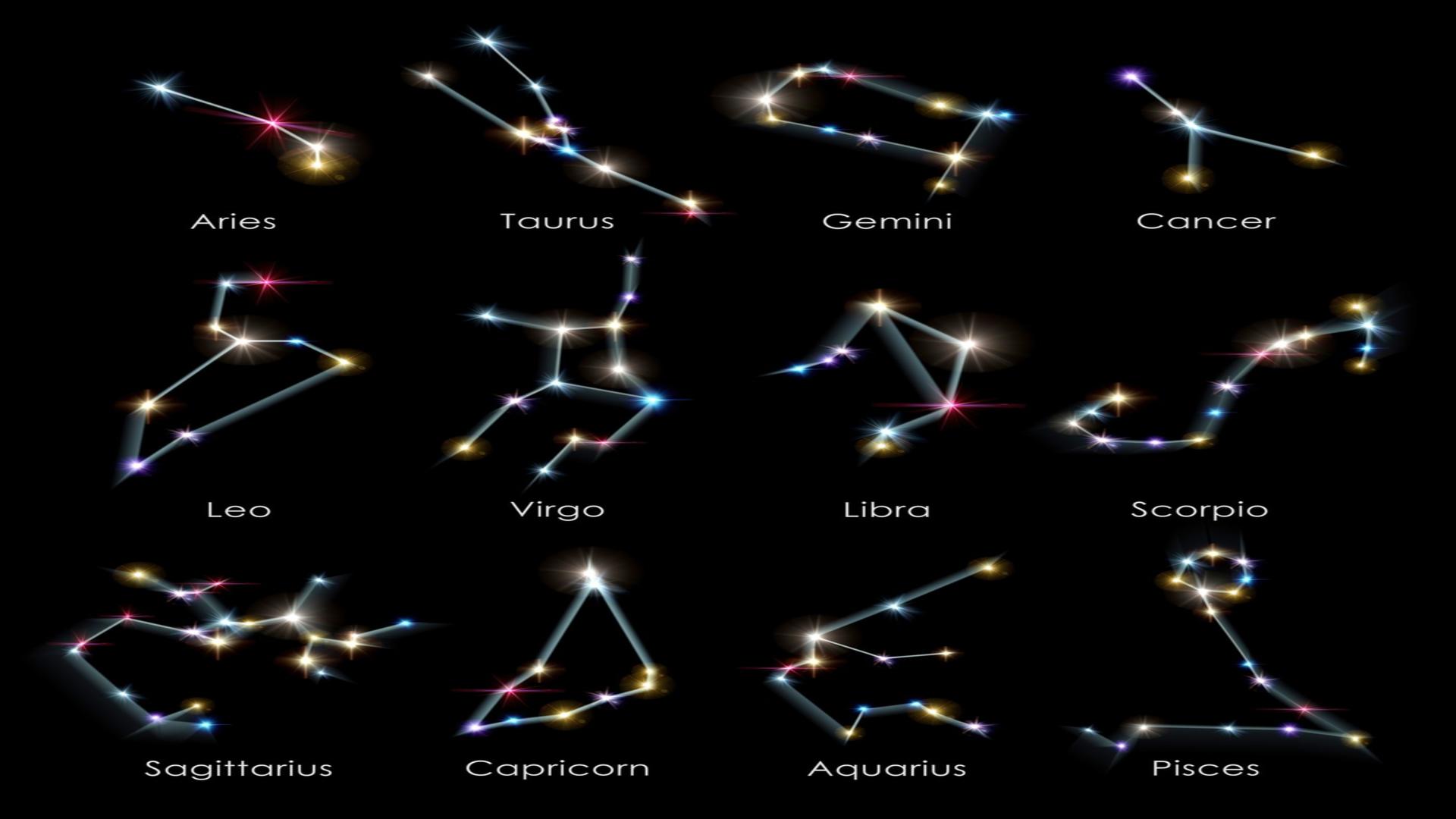The National Music Publishers Association (NMPA) has sent a cease and desist letter to Spotify for allegedly hosting lyrics, music videos and podcast content that contain their members’ copyrighted musical works without proper licenses. The organization, which represents music publishers in the U.S., says that it “demands” that these alleged unlicensed works “be removed from the platform or Spotify will face copyright liability for continued use of these works.”
The letter comes a week after Billboard released an estimate, claiming that Spotify will pay about $150 million less in U.S. mechanical royalties to music publishers and songwriters in the next year than what publishers and songwriters were previously expecting. This is because Spotify added audiobooks into its premium, family and duo plans, and the company claims that the move now qualifies them as a bundle, which pays a discounted royalty rate from normal standalone subscriptions, given Spotify now has to pay for books and music from the same subscription price.
The cease and desist letter, obtained by Billboard, covers a separate issue to last week’s announcement, but the timing suggests the NMPA is hoping to push back against Spotify’s practices on several fronts. The letter continues: “Spotify appears to be engaged in direct infringement by hosting unlicensed musical works in its lyrics, videos and podcasts and by distributing unauthorized reproductions, synchronizations, displays and derivative sues of these musical works to its users. Making matters worse, Spotify profits from such infringement.”
Written by NMPA’s executive vp and general counsel Danielle Aguirre, the letter did not cite any specific unlicensed works or say how many instances there are of unlicensed works on Spotify and warned about both unlicensed works as well as works that “will soon become unlicensed” by its members. When asked for a list or a ballpark number of the unlicensed works, NMPA declined to comment. If the NMPA ever gets to the point of filing a lawsuit against Spotify for these alleged offenses, however, the organization would then provide more detail.
Many music publishers currently have licenses in place with Spotify for their lyrics and video content. Unlike the government-regulated process of setting U.S. mechanical royalty rates, lyric and video licenses are direct deals between the publisher and the streaming service, and each negotiation is unique, but for lyrics specifically, some publishers will license through third party aggregators like Lyric Find. These deals are not considered to be major money makers for publishers or streamers, and although their duration can vary, the licenses typically run for 1-2 years, according to a source close to the matter.
The NMPA also cites a recent Wall Street Journal article that claimed Spotify is working on tools that would allow subscribers to “speed up, mash up and otherwise edit songs from their favorite artists” in its letter to Spotify, warning the streaming platform that if “any such feature” is released by Spotify “without the proper licenses in place from our members” it “may constitute additional direct infringement.”
Spotify and the NMPA have a history of not getting along, but since late 2022, it appeared the two were on relatively good terms. After a contentious five years of back-and-forth over how to set the U.S. mechanical royalty rate for streaming for 2018-2022, the NMPA, Nashville Songwriters Association International (NSAI) and streaming services, like Spotify, came together to collectively settle the next rate period together (2023-2027), hoping to avoid another lengthy and costly fight. The result was something David Israelite, president and CEO of the NMPA, touted at the time as the “highest streaming rates in the history of digital streaming,” due to a raise in the headline rate.
Part of the compromise for that settlement, however, included an update to how bundles were treated, which was considered a potential benefit to streaming services. As the Association of Independent Music Publishers (AIMP) put it in their statement against Spotify’s bundling practices, music publishers believe Spotify used a “loophole” to “circumvent the [Copyright Royalty Board] settlement.” Israelite went further, calling the bundle reclassification a “potentially unlawful move” when it was first announced, even though Spotify believes it rightfully qualifies. Recently, the NMPA admitted a lawsuit against Spotify for bundling was “likely.”
Read the full letter below:
Dear Mr. Kaefer [vp and global head, music and audiobook business] and Ms. Konstan [general counsel of Spotify]:
I write on behalf of the National Music Publishers’ Association (“NMPA”) regarding copyright infringement of our members’ musical works on the Spotify platform. As the voice of our members, NMPA protects, promotes, and advances the interests of music creators and enforces the rights of publishers, and their songwriter partners, who own and/or control musical work copyrights.
Music is essential to Spotify’s service; it is the reason subscribers utilize the Spotify platform every day. Spotify’s primary use of musical works via interactive streams and downloads is subject to the antiquated compulsory license under 17 U.S.C. § 115 and consent decree-governed public performance licenses.
Regardless of the mechanical and public performance licenses Spotify may have, however, the use of lyrics and music in videos and podcasts on its platform requires rights that must be negotiated directly with rightsholders in a free market.
It has come to our attention that Spotify displays lyrics and reproduces and distributes music videos and podcasts using musical works without the consent of or compensation to the respective publishers and/or administrators (our members) who control the copyrights in the musical compositions. As such, these uses of musical works on the Spotify platform are not licensed or will soon become unlicensed.
U.S. copyright law generally grants copyright owners the exclusive right to, among other things, reproduce, distribute, display, perform publicly, and create derivative works from their copyrighted works under 17 U.S.C. § 106. Violation of these exclusive rights constitutes copyright infringement under 17 U.S.C. § 501.
Spotify thus appears to be engaged in direct infringement by hosting unlicensed musical works in its lyrics, videos, and podcasts, and by distributing unauthorized reproductions, synchronizations, displays, and derivative uses of these musical works to its users. Making matters worse, Spotify profits from such infringement.
Accordingly, on behalf of our members, NMPA demands that unlicensed lyrics, music videos, and podcasts be removed from the platform or Spotify will face copyright liability for continued use of these works.
We also understand that Spotify wishes to offer a “remix” feature allowing Spotify subscribers to “speed up, mash up, and otherwise edit” their favorite songs to create derivative works. Spotify is on notice that release of any such feature without the proper licenses in place from our members may constitute additional direct infringement.
NMPA further demands that Spotify preserve all electronically stored information (“ESI”), as defined by Rule 34 of the Federal Rules of Civil Procedure, along with any paper files, in Spotify’s possession, custody, or control that is relevant to use of our members’ unlicensed works. Spotify must also cease any auto-deletion operations affecting ESI relevant to this matter.
This letter is not intended as a full recitation of the facts or claims that may be made against Spotify by NMPA, its members, and/or other copyright owners, and is made without prejudice to all rights or remedies against Spotify and all others acting in concert with Spotify, including without limitation, monetary damages and attorneys’ fees as provided under 17 U.S.C. §§ 502-505.
Sincerely,
Danielle Aguierre





